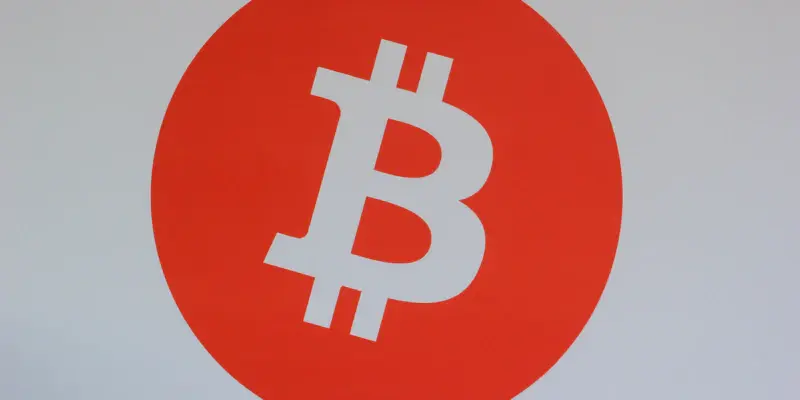The technological landscape is witnessing a groundbreaking initiative as Microsoft embarks on integrating Bitcoin’s blockchain technology with its existing cloud computing services. This ambitious endeavor seeks to merge traditional tech infrastructure with the innovative promises of cryptocurrency, potentially heralding a revolution in digital transactions, identity management, and global payment systems. The ramifications of such integration are vast, with the potential to transform how digital interactions and transactions are conducted on a global scale, offering enhanced security, transparency, and efficiency.
The Promise of Blockchain Integration
Blockchain technology, renowned for its decentralized and transparent characteristics, offers a formidable platform for ensuring secure transactions. Microsoft is poised to harness this potential within its Azure cloud services to enhance service reliability and operational efficiency. Through blockchain integration, the company aims to drastically reduce transaction times and lower associated costs, thereby minimizing the need for intermediaries and slashing transaction fees. This is particularly crucial for fostering a seamless and cost-effective digital transaction framework within its ecosystem.
One of the most significant advantages of integrating blockchain technology is the potential to bolster user trust. Transparent transactions facilitated by blockchain can significantly enhance user confidence in Microsoft’s services, contributing to increased customer satisfaction and loyalty. By positioning itself at the forefront of secure digital transactions, Microsoft can capitalize on the growing demand for more reliable and trustworthy digital platforms. This integration not only underscores Microsoft’s commitment to innovation but also sets a new benchmark for service providers across various sectors.
Decentralized Identity Management
A cornerstone of Microsoft’s blockchain initiative is the transformation of digital identity systems through decentralization. Utilizing Bitcoin’s blockchain, Microsoft envisions a landscape where users have greater autonomy and control over their personal data, culminating in enhanced privacy and security. This initiative could substantially mitigate risks associated with identity theft and fraud, which are prominent concerns in today’s digital age. The potential for more secure identity management systems aligns with global efforts to protect user data and enhance digital security.
Decentralized identity solutions signify a monumental shift in managing and safeguarding personal data. Traditional centralized systems are susceptible to breaches and misuse, while decentralized systems offer heightened resilience and security. Microsoft’s exploration into decentralized identity technology underscores its dedication to protecting user data amid an increasingly interconnected digital environment. By leveraging blockchain, Microsoft aims to set new standards for data security and user privacy, leading the charge in redefining digital identity infrastructure.
Creating a Bitcoin-Optimized Payment Ecosystem
Beyond enhancing transaction security and identity management, Microsoft’s vision extends to creating a comprehensive digital payment ecosystem optimized for Bitcoin transactions. This innovative system aspires to streamline global transactions, positioning Microsoft as a formidable entity in the digital currency domain. Such a move could significantly enhance transaction efficiency and provide a competitive alternative to established payment platforms like PayPal and Visa. The development of a Bitcoin-optimized ecosystem amplifies Microsoft’s commitment to innovation in financial technology.
The envisioned Bitcoin-optimized payment ecosystem has the potential to substantially lower transaction costs and accelerate payments across borders. By facilitating faster and more economical transactions, Microsoft could drive broader adoption of Bitcoin and other cryptocurrencies, showcasing its pioneering approach to modern financial solutions. This integration not only exemplifies Microsoft’s forward-thinking strategy but also positions it as a trailblazer in integrating traditional technology with cutting-edge digital currency innovations.
Challenges and Hurdles
Despite the immense potential of Microsoft’s blockchain initiative, the path ahead is laden with challenges. One of the primary obstacles revolves around navigating the complex and evolving landscape of cryptocurrency regulations. As global governments continue to develop and implement cryptocurrency policies, Microsoft must establish robust compliance measures to ensure adherence to diverse legal frameworks. The intricacies of regulatory environments necessitate a proactive and vigilant approach to maintaining compliance and fostering trust among stakeholders.
Additionally, market competition poses a significant challenge. The digital payments sector is currently dominated by well-entrenched players, and for Microsoft to successfully penetrate this space, innovative strategies and unique market positioning are imperative. Competing with industry giants such as PayPal and Visa entails offering distinctive advantages that set Microsoft’s blockchain solutions apart. Establishing a foothold in a competitive market requires not only technological innovation but also strategic differentiation and value proposition.
Scalability and Technological Investments
Microsoft is embarking on a groundbreaking initiative that could reshape the technological landscape by integrating Bitcoin’s blockchain technology with its current cloud computing services. This ambitious merger aims to combine traditional tech infrastructure with the revolutionary aspects of cryptocurrency, potentially bringing about significant changes in digital transactions, identity management, and global payment systems. By leveraging blockchain, Microsoft could enhance security, transparency, and efficiency in digital interactions and transactions on a worldwide scale. The implications are vast, as this integration might lead to a new era of fortified and transparent exchanges, providing users with a more robust and reliable system for managing their digital identities and transactions. The combination of Microsoft’s cloud capabilities with blockchain technology could revolutionize the way people conduct business, manage and verify identities, and process global payments, pushing the boundaries of what is currently possible in the digital realm.

